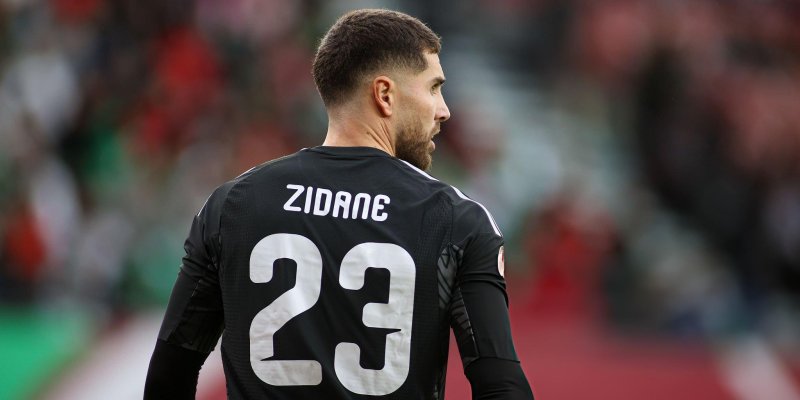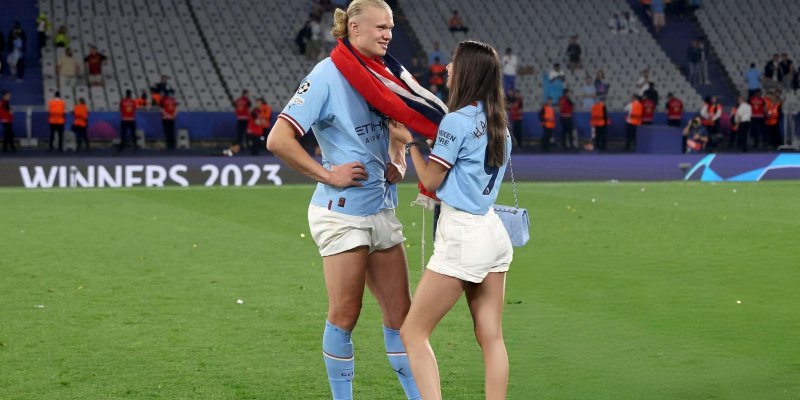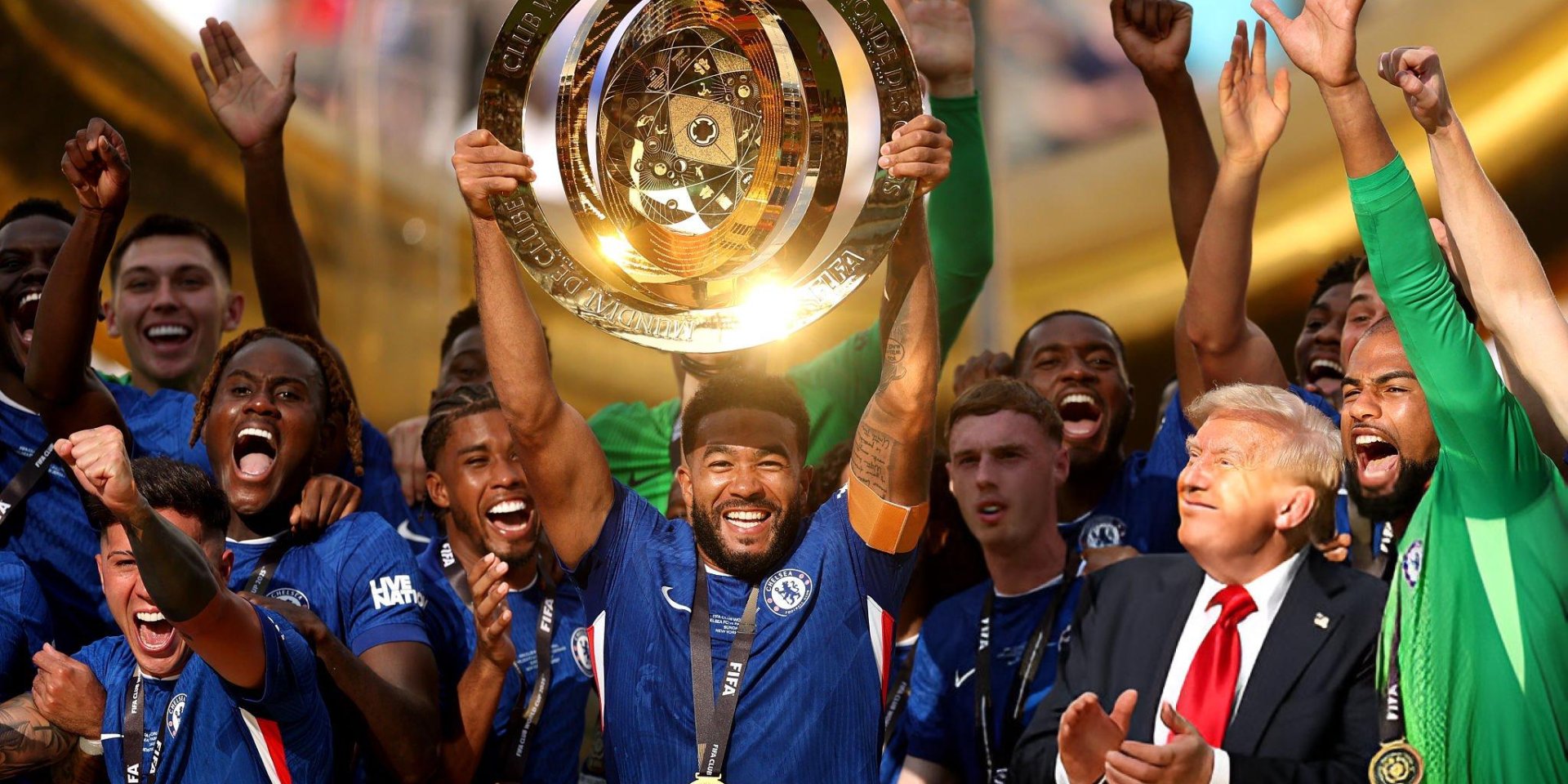
The football world loves surprises, yet some feel especially audacious. When London’s Chelsea hammered PSG in the Club World Cup final, critics immediately shouted “upset.” But bookmakers’ numbers and the cold chronology of the tournament show that the Blues’ triumph was a matter of logic rather than luck.
Is It Really a Sensation?
Before the tournament began, bookmakers placed Chelsea among the top five contenders. The club’s outright odds hovered in the double-digit range—still risky enough to promise a payout, yet realistic. Chelsea were rated below Bayern, Manchester City, Real Madrid and, of course, PSG, not because analysts distrusted their play but because those rivals boasted star-studded line-ups.
The “sensation” fades for another reason: European teams traditionally dominate the Club World Cup. The probability that the trophy would stay in Europe was priced at a symbolic 1.08. Even Brazilian side Fluminense, who fought their way to the semifinals, could not alter the core expectation; the tournament’s midpoint merely reaffirmed the classic rivalry between Europe and the rest of the planet.
Odds Versus Intuition: PSG and Chelsea’s Road to the Final
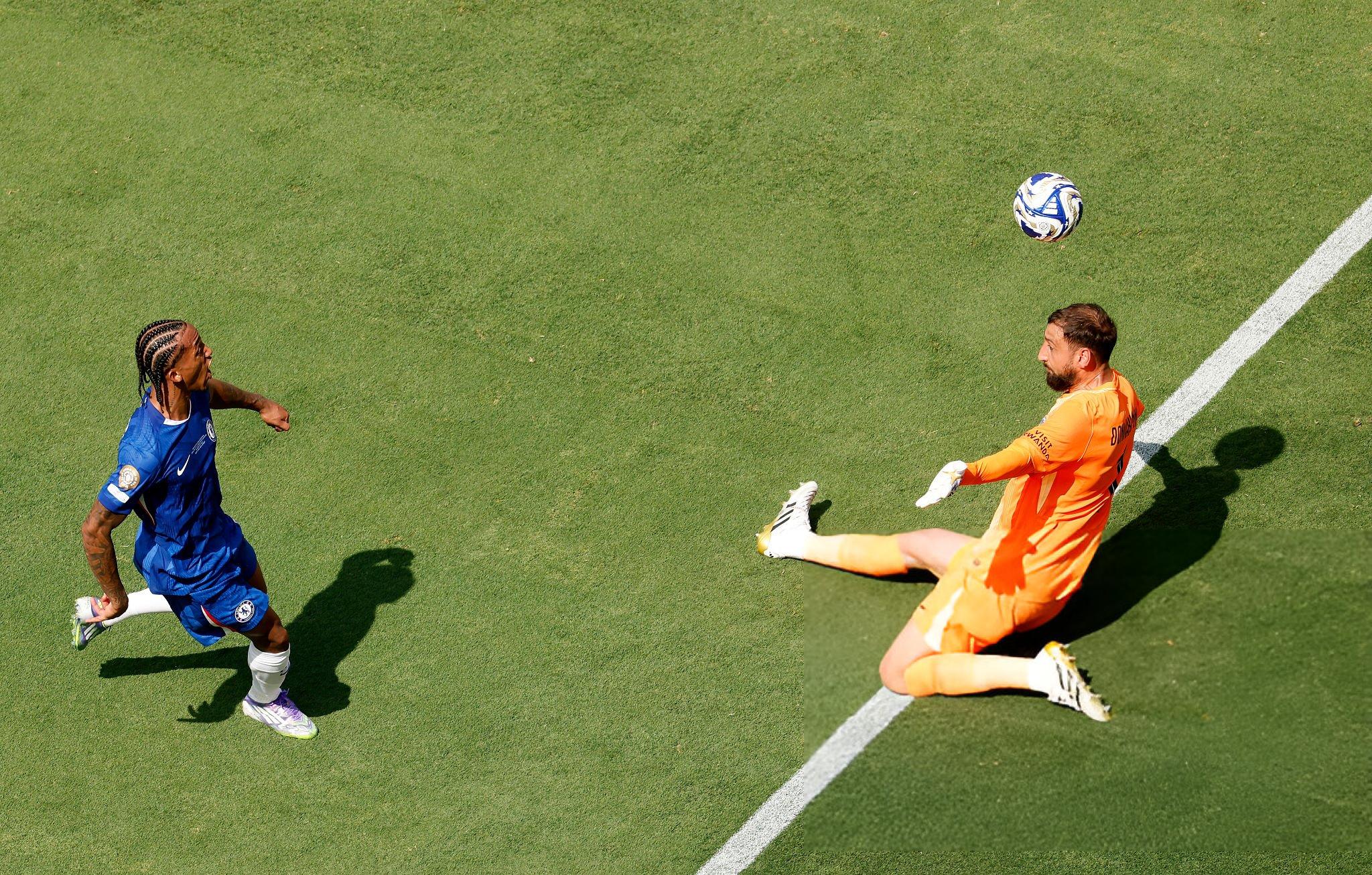
Tracking the two finalists’ odds is illuminating. In February, before European spring football resumed, analysts tilted slightly toward Chelsea: their outright price was shorter than PSG’s. Yet after the French side lifted the Champions League and the English club captured the Conference League, the scales shifted. On semifinal day, Paris were given a healthy 72 % chance; by the final it slipped only to 69 %—a minor correction considering the opponent’s class.
Chelsea’s trajectory ran the other way. Few expected the Londoners’ strikes to prove so precise. Step by step, the Blues gathered momentum, their title odds melting after each round like ice under VAR lights.
Live Lines in the Final: How a 0–3 Score Flipped the Odds
The match began under PSG’s command: nearly 70 % possession and positional attacks orchestrated by Vitinha. Then came Cole Palmer’s early goal. As soon as the scoreboard read 0–1, Chelsea’s win probability leapt from the pre-match 31 % to 54 %. Minutes later Palmer struck again—a brace that pushed the line to 75 %. When Marc Cucurella headed in from a corner just before the break, bookmakers practically shut the market: 91 % for the English side.
In the second half, the Blues calmly sealed the deal, maintaining high pressing and unleashing counters down Reece James’s flank. Live betting lines became a formality, and the pre-match 69 % on PSG turned into a statistical curiosity.
Trophy Geography: The European Wall and the South American Hope
Before the draw, bookmakers tried to predict the group that would produce the eventual champion. Group D—Chelsea’s pool—was priced at 7.00. Groups containing Bayern, Man City, Real and PSG looked likelier on paper.
The semifinal meeting with Fluminense proved symbolic: the Brazilians defended CONMEBOL’s honor, yet produced little against Chelsea’s pragmatic back line. Europe again found no equal; the trophy stayed in St. Louis beneath a UEFA flag.
Golden Boot Race: García Writes His Own Tale
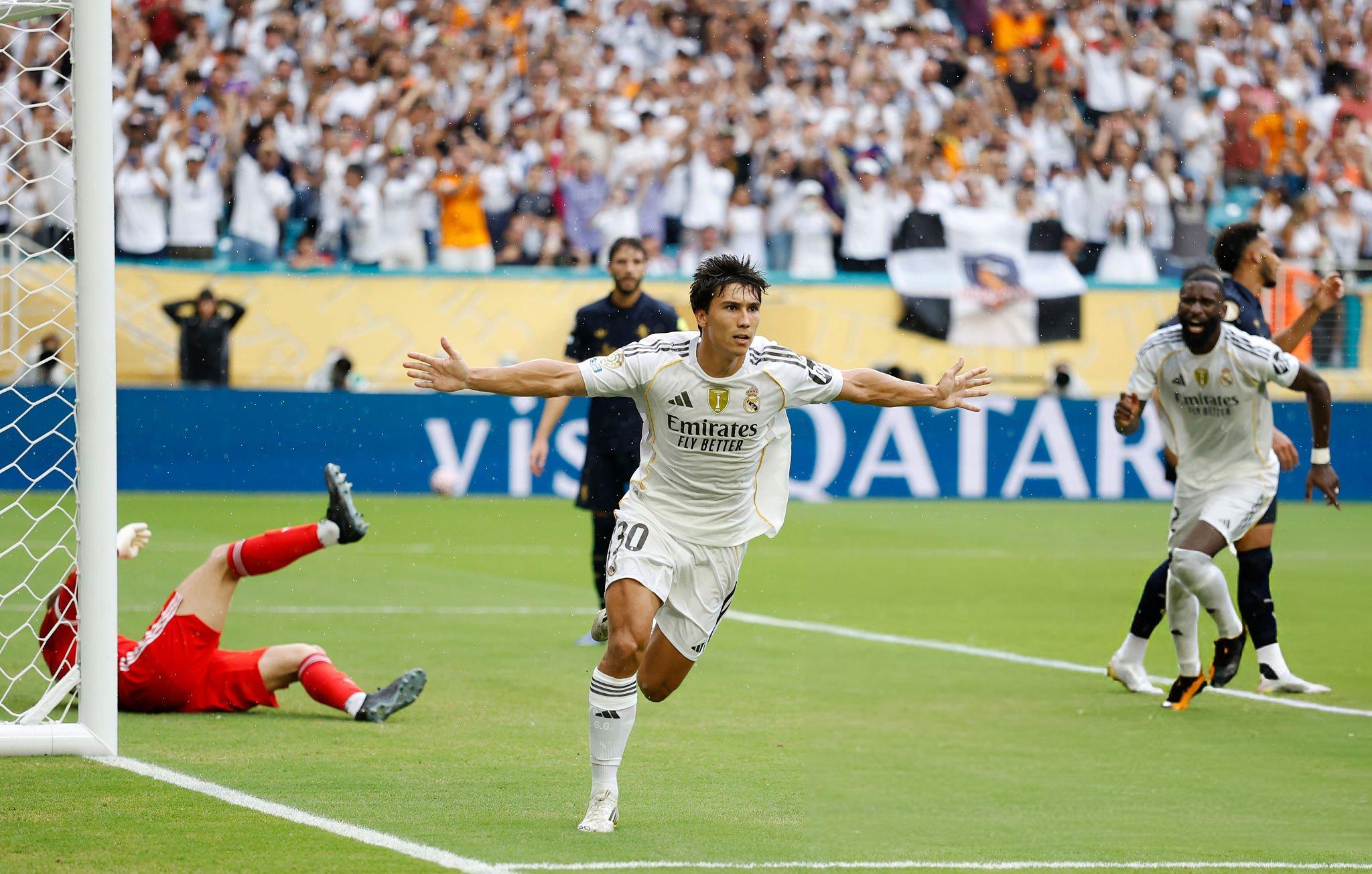
Four players entered the final with four goals apiece: Gonzalo García (Real), Ángel Di María (PSG), Serhou Guirassy (Stuttgart) and Marcos Leonardo (Flamengo). When tallies are level, FIFA looks to assists, and García held the edge with the only helper among the leaders.
The pre-tournament favorites? Three familiar names: Kylian Mbappé and Erling Haaland at 5.00, Harry Kane at 8.00. Reality proved simpler: Mbappé’s role shrank due to illness, while Haaland and Kane scored three times each but bowed out in the quarter-finals.
García’s price shortened exponentially—9.00 after the groups, 4.50 after the quarters. In short tournaments, one player’s surge can reshape the betting landscape faster than any tactical tweak.
Changing of the Guard: The Battle for MVP
The Golden Boot remained a cliff-hanger to the whistle, but the MVP award seemed locked up by Vitinha. The Portuguese star opened at 34.00 (21st on the board) and climbed every match—2.00 by the semis, 1.70 on final day. A 59 % model probability felt like a verdict on his rivals.
Then Chelsea rewrote the script again. Cole Palmer’s brace conjured a miracle reminiscent of Liverpool’s Istanbul comeback in 2005. Priced at 20.00 before kickoff—and a staggering 75.00 after the Blues lost to Flamengo—Palmer entered the home stretch at 9.00, third among the candidates. Two precise strikes and relentless work in PSG’s half flipped every expert ballot, handing the young Englishman the MVP crown.
What This Tournament Taught Us: Notes for Players and Analysts
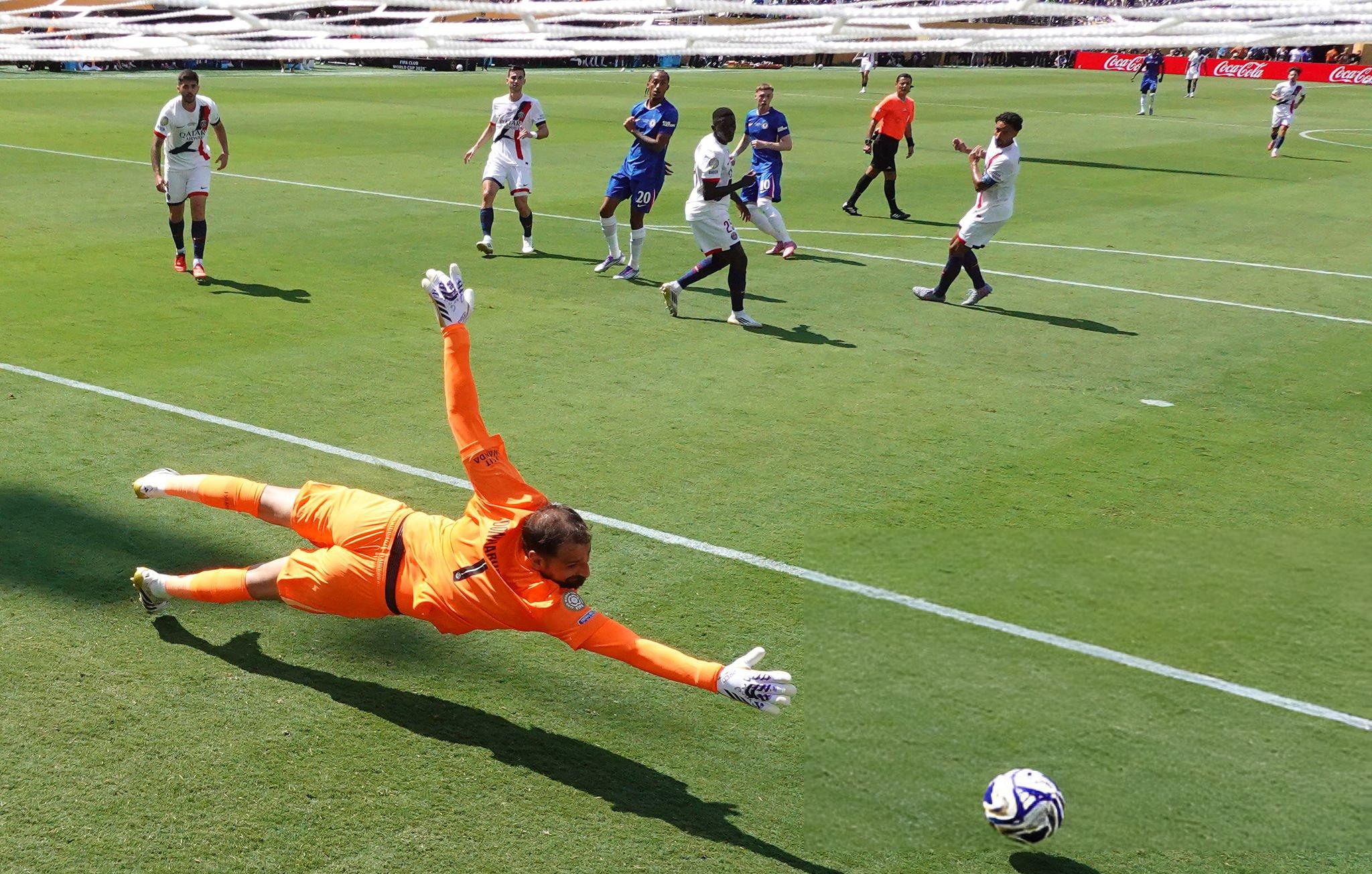
- Don’t Overrate European Pedigree. The Champions League stands above the Conference League, yet current form matters more. Chelsea looked no worse than PSG in February—odds reflected it.
- Watch Momentum, Not Names. Palmer and García show how a “raw talent” label can morph into “key player” in two or three matches.
- Track Live-Betting Lines. They spotlight turning points faster than bare possession stats. The bold over-4.5 total made sense at the break with Chelsea already 3–0 up.
- Geography Fades Late On. Asian or South American sides can shock early, yet class tells in the semifinals.
- Individual Awards Favor Contrasts. Vitinha built steady momentum, but the MVP mask went to the player who shone brightest in the final.
Bottom Line: A Sensation Without the Sensation
Calling Chelsea’s victory a bolt from the blue is hard: statistical models had the Londoners in the elite five before a ball was kicked. Yet from a fan’s viewpoint we witnessed perfect drama—an underrated champion, a hat-trick of shattered expectations and a young hero rewriting history. That is top-tier football: when betting logic and terrace emotion converge, gripping us to the screen.

